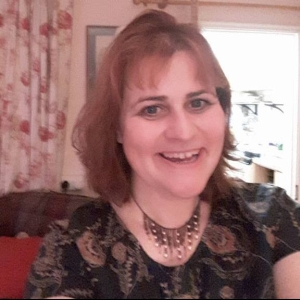Firstly I am sorry that my posts are less frequent at the moment. Since Christmas life has been incredibly hectic. In January I started not one but two new jobs! Added to that my private practice workload is increasing, added to that various other bit’s and pieces, it hasn’t left a lot of time to post on here. Whilst I haven’t been posting so much I am no less committed to this blog. I’m hoping in the next couple of months things will begin to settle down, and I can blog a bit more often. That said it does highlight a really useful point..timing!! It is very easy when we first go sugar free, to bargain with ourselves that we will quit/reduce sugar when the time is right. It’s easy to wait for the right time, the trouble is there is NEVER a right time.
Quitting/reducing SUGAR can require some major alterations to our lifestyle, and our mindset. The question is HOW much do YOU want to make those changes? And HOW committed are you to making those changes. For most of us for much of our lives our diet has included sugar. So quitting/reducing the amount in your diet, can call for some big amendments in your diet.
Within my workshops one of the areas I cover is our relationship with food. By understanding WHY we eat what we do, can empower us to make the changes needed to our eating patterns.
I firmly believe that our eating patterns develop in childhood. It can be useful to reflect back to our childhood, and explore what our experience of food was. Some useful points to consider might be :
- Were meal times positive experiences for you? Or were they more traumatic?
- Were you allowed to eat what you wanted? Or were you forced to sit up to the table to eat food even if you didn’t like it?
- Did other family members struggling with weight issues?
- Were sweet foods counted as a treat, or were they just part of your every day diet?
- Were you put on a diet as a child?
- Were you teased about your shape, or size?
By gaining an understanding of how our concepts of food, and diets evolved in childhood, can help us understand our current mindset towards foods. Sometimes it’s not always easy reflecting back to childhood experiences. It can be painful for some. However ultimately understanding the foundations of our relationships with food, can enable us to re frame these experiences, and develop a healthier mindset to food. When I say this I speak from my own previous experience. As a result of my own childhood experiences with food, I developed an unhealthy mindset that developed into my adulthood. Once I contemplated my childhood experiences around food, and their impact on me, was able to change my eating habits.
